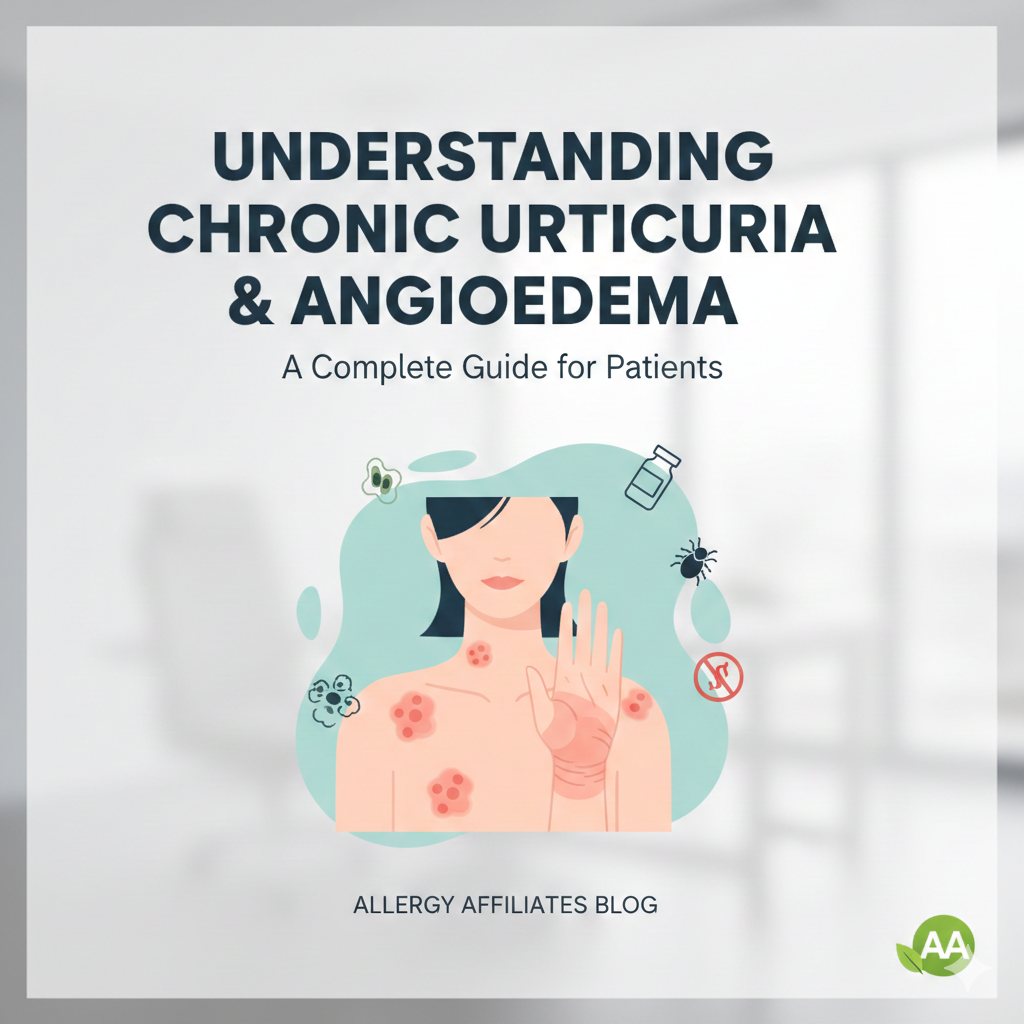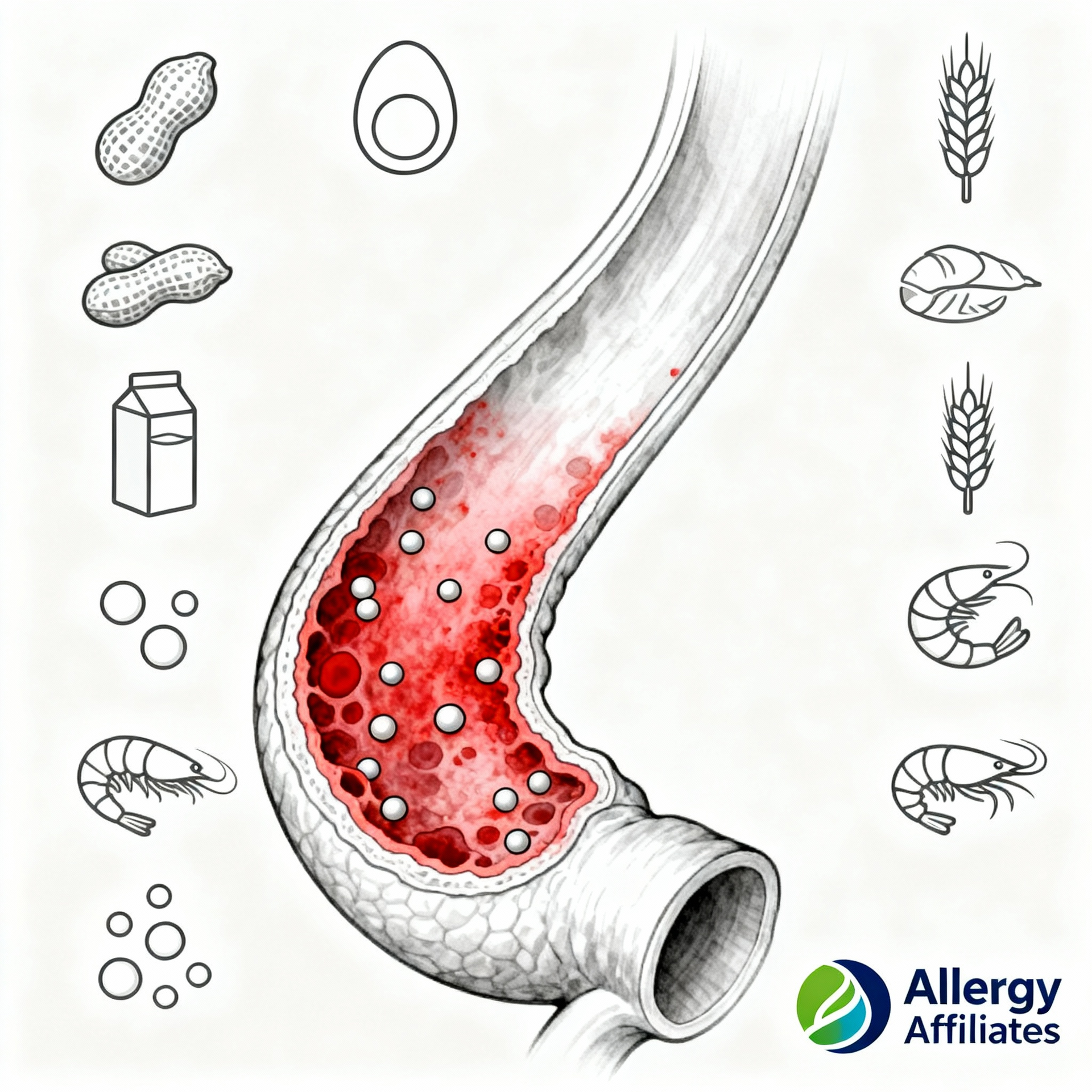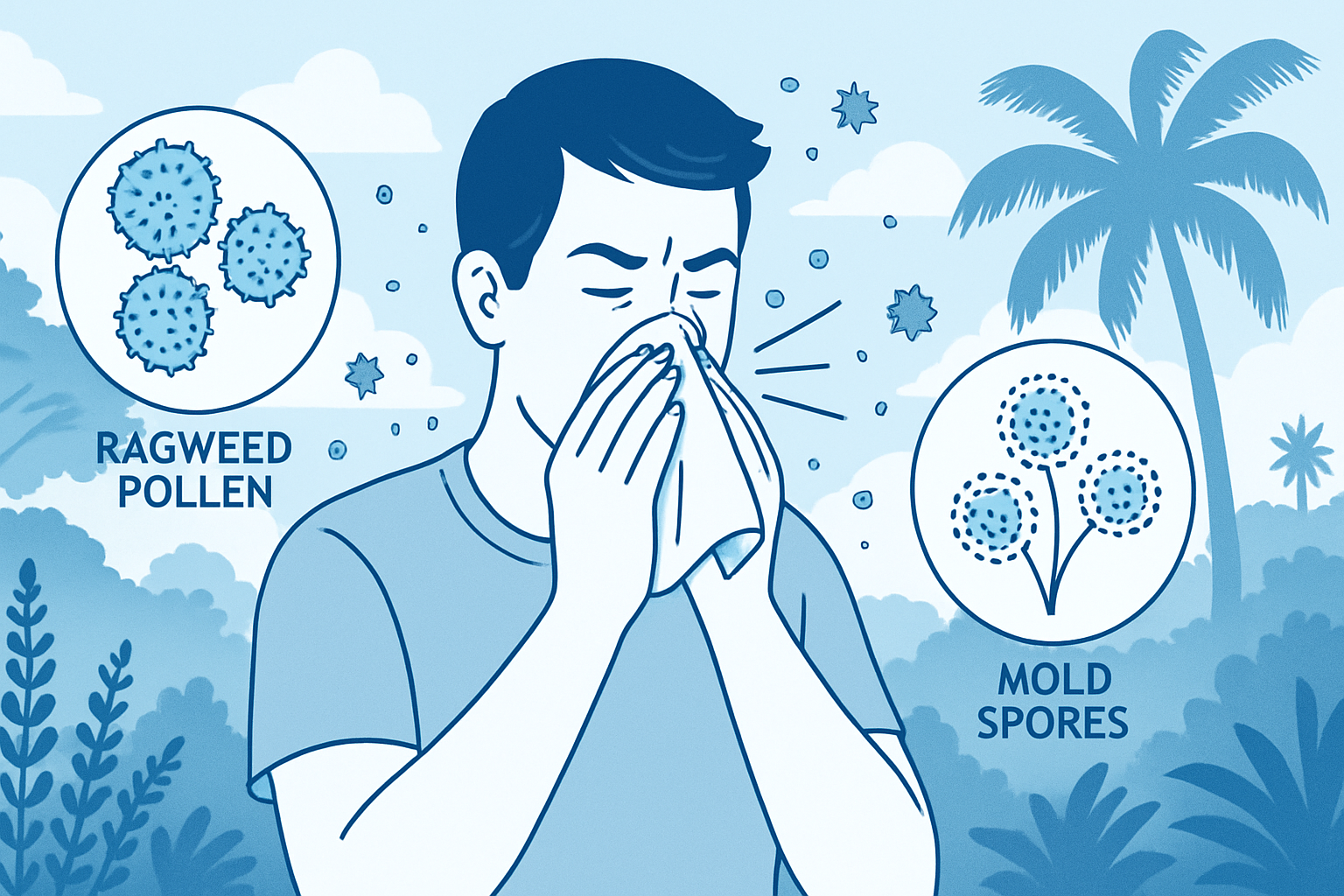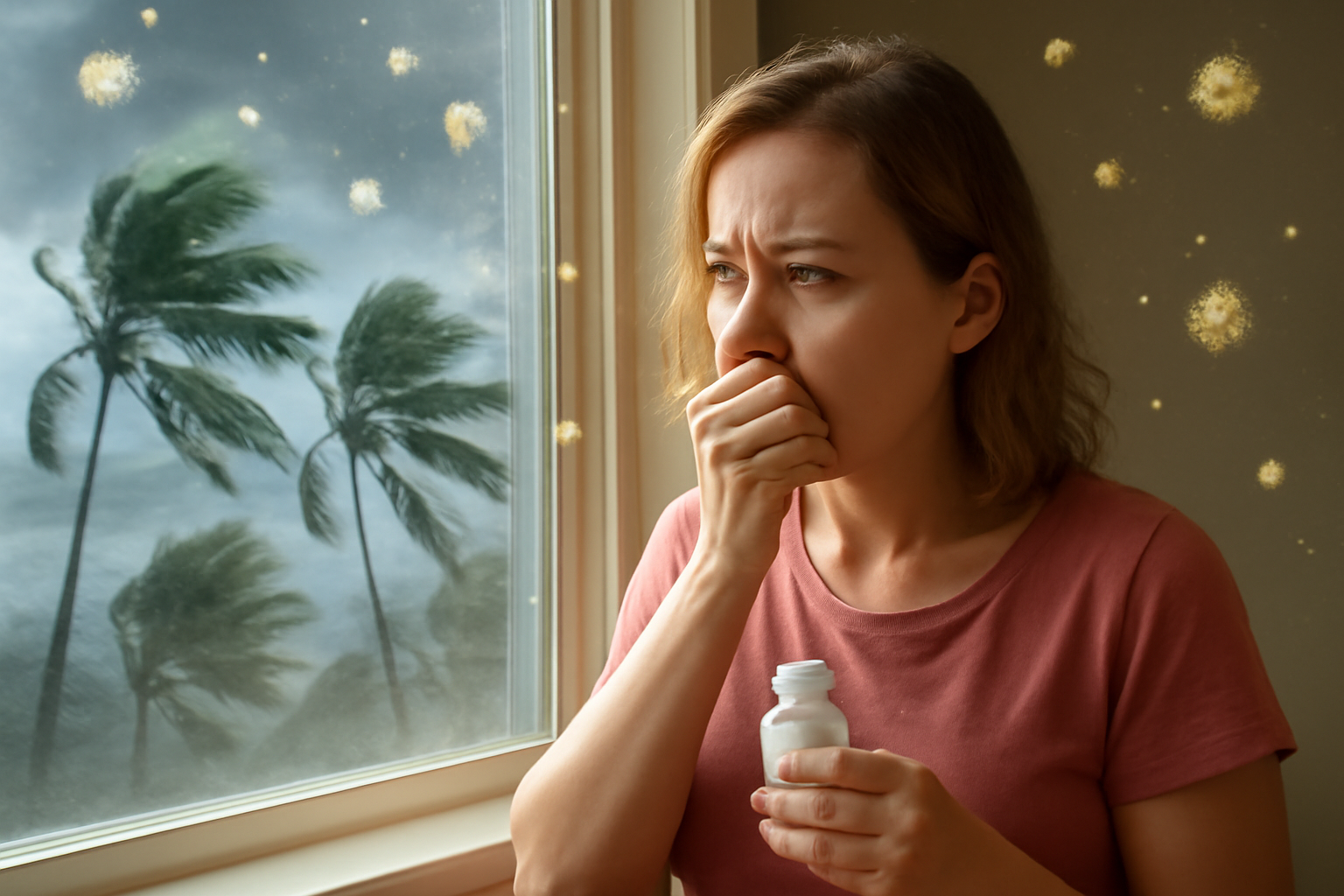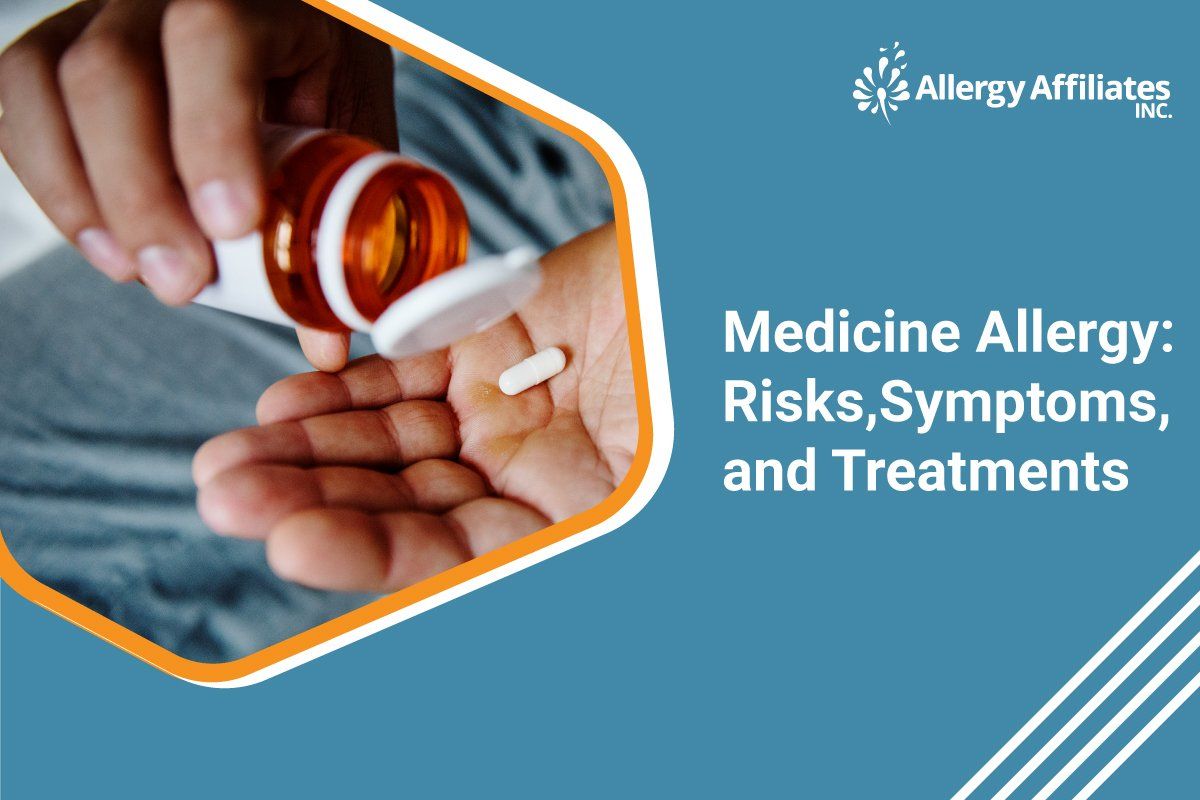
Allergy Reaction to Medication
Medications are crucial to your overall well-being, especially when you get sick. They help boost your recovery and improve your medical condition when taken correctly. In fact, doctors rely on the efficiency of specific medications to treat certain health conditions. But what if you have drug allergies? Some of you might be allergic to certain types of drugs. Instead of getting relief, it could put your lives in danger.
The typical symptoms of a medication allergy range from mild to severe. Some of you might experience a skin rash, itchy skin, or in extreme cases, anaphylaxis, a life-threatening condition that requires immediate attention. So, what are the drugs that could trigger an allergic reaction?
In this article, we'll cover the facts surrounding medicine allergy. We'll talk about the risks, symptoms, and treatment. So, read on to learn more exciting facts about medicine allergy.
What is Medication Allergy?
Medication allergy occurs when your immune system negatively reacts to substances from certain types of medicines. It sends out chemicals to combat medicine components and treats them as invaders like bacteria and viruses. The result can be hazardous to your health.
Risks of Medication Allergic Reaction
Medication allergy is not always dangerous. It's typically mild, and you may hardly notice its effect. On the other hand, a severe case could put your life at risk. A severe medication allergy could trigger anaphylaxis within 12 hours following the consumption of the allergic drug.
Watch out for symptoms like
- Difficulty breathing
- Irregular heartbeat
- Swelling
- Loss of consciousness
Anaphylaxis could be fatal. Some cases could lead to death if not treated immediately. The best option is to dial 911 or rush the patient to the nearest emergency room.
When you recognize or experience the symptoms below, act before it's too late.
- A sudden drop in blood pressure
- Fainting spells
- Weak or rapid pulse
- Nausea and abdominal cramps
- Vomiting or diarrhea
- Dizziness or lightheadedness
- Seizures
- Tightening of the airways, causing trouble breathing
Medication Allergy Symptoms
The signs and symptoms of medication allergy differ from one case to another. Some might occur immediately, while others may take weeks to kick in. Check out the list below for the typical symptoms of drug allergy.
- Hives
- Itching
- Wheezing
- Fever
- Runny nose
- Itchy, watery eyes
- Medicine allergy rash
- Swelling
- Shortness of breath
Less Common Medicine Allergy Symptoms
Some medication allergies are less common and are harder to recognize. We've compiled these symptoms in the list below.
Nephritis (Kidney Inflammation)
Drug allergy can cause kidney inflammation. Watch out for blood in the urine, general swelling, and fever.
Serum Sickness
Non-human proteins from certain medicines trigger serum sickness. It causes the patients to experience joint pain, fever, skin rash, nausea, and swelling.
Drug Rash with Eosinophilia and Systemic Symptoms
This condition is also known as DRESS. The typical symptoms are skin rash, high white blood cell count, swollen lymph nodes, and general swelling. Moreover, it results in the recurrence of dormant hepatitis infection.
Anemia (Drug-Induced)
Some drugs induce anemia. It typically results in a reduction in red blood cells. In addition, it causes fatigue, shortness of breath, and irregular heartbeats.
Drugs That Causes Drug Allergies
Medicinal drugs have different effects on people in general. But these are the drugs that trigger medicine allergies more than others.
Allergy Drugs
Nonsteroidal Anti-Inflammatory Medications (NSAIDs)
Antibiotics
- Penicillin
- Sulfamethoxazole-trimethoprim
Aspirin
Anticonvulsants
- Carbamazepine
- Lamotrigine
Chemotherapy Drugs
- Paclitaxel
- Docetaxel
- Procarbazine
Monoclonal Antibody Therapy Drugs
- Trastuzumab
- Ibritumomab tiuxetan
Medication Allergy Treatment
How medicine allergy is treated depends on its severity. The treatment typically starts with allergy testing, followed by the appropriate recommendation.
Corticosteroids
When your drug allergy causes you to have breathing difficulties, your allergist may recommend corticosteroids. Corticosteroids efficiently reduce inflammation in the airways. They come in tablets, liquid or powder forms, or via IV.
Antihistamines
Skin rashes, redness, or irritation are all symptoms of medicine allergy. Antihistamines are highly effective against them. Some antihistamines cause drowsiness. Your doctor may suggest taking them before bedtime. The non-drowse types are ideal when you're active during day time. Antihistamines come in pills, creams, eye drops, and nasal sprays.
Bronchodilators
Coughing and wheezing can be very discomforting. Bronchodilators work similarly to corticosteroids. They relax the muscles in your airways, making it easier for you to breathe. You can buy these drugs in powders, liquids, or as inhalers.
Additional Tips
Tip Number One
Avoiding the triggers is one of your best options in reducing the risks of medicine allergy. Try to do some research online whenever you have free time. Learning what to avoid and managing their symptoms can go a long way.
Tip Number Two
Talk to your pharmacist whenever buying over-the-counter medications. They may have vital information regarding medicine allergy-related symptoms.
Tip Number Three
Seek medical attention for severe cases. Talk to your allergist when OTC medication does not work or if symptoms persist. Underlying causes should be identified by doctors to prevent complications.
Stay On Top of Your Allergies
Medicine allergies can affect your treatment and recovery period. Get the appropriate treatment you deserve with us. Bradenton and Sarasota Allergist Dr. Sabharwal offers accurate allergy testing to protect you against medicine allergies.
Call Allergy Affiliates at 941-792-4151. Schedule an appointment
here.


